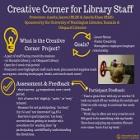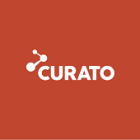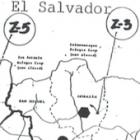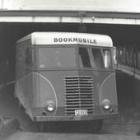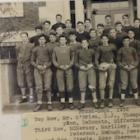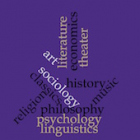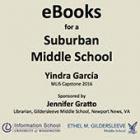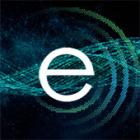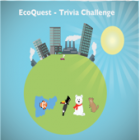Creating Connections: Community Enrichment for Distance Learners
The instruction librarians at Gonzaga University’s Foley Center Library provide learning opportunities to students on campus in classroom settings. Since 1988, they have extended those services to distance students. More recently, they have aligned themselves with programs offered online by the university to provide asynchronous and synchronous instruction opportunities for students attending school online. With these desires in mind, this project has focused on investigating web conferencing technology and developing a webinar template for the instruction librarians to use in conjunction with online library orientation activities in order to better serve the distance students at Gonzaga University. This enables distance students to connect with each other as well as the library and librarians. The program allows students to tailor their own learning experience, adding another layer of unique interaction to their education. Using this innovative program method, instruction can occur online in a community-oriented setting.

